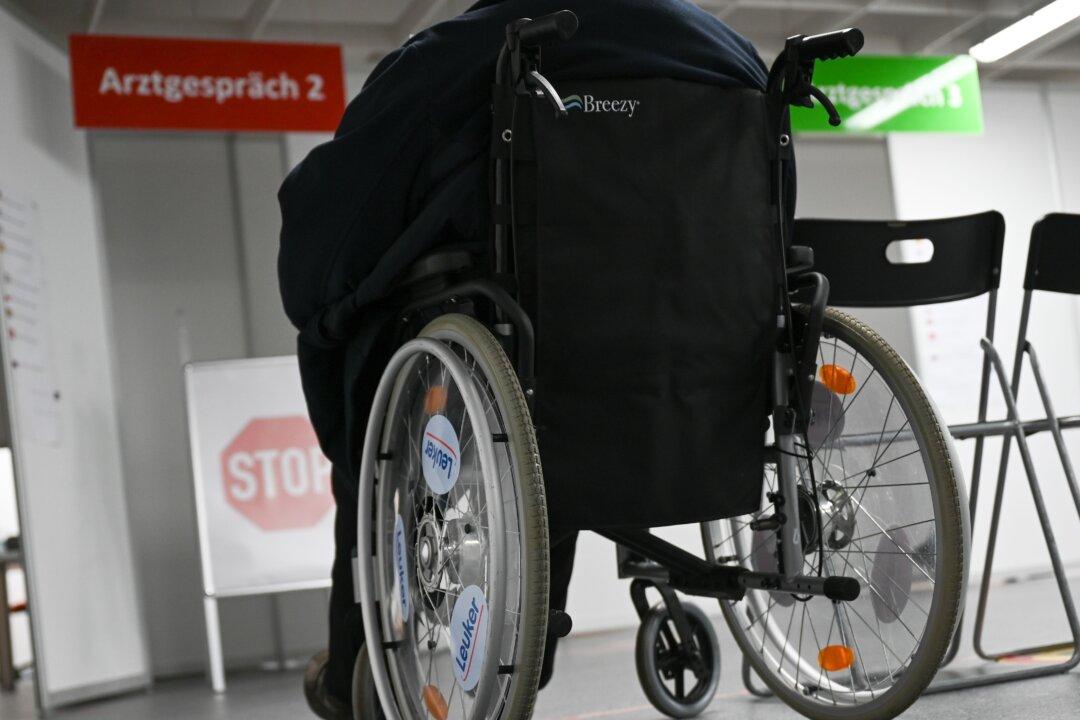Commentary
What comes after transgender? It’s an important question. We know the transgressive cultural revolution is never-ending. Thus, once biological men can instantly identify as women and biological women as men—and bind society to accept their self-definition, or else!—the revolution will look for other norms to devour.





